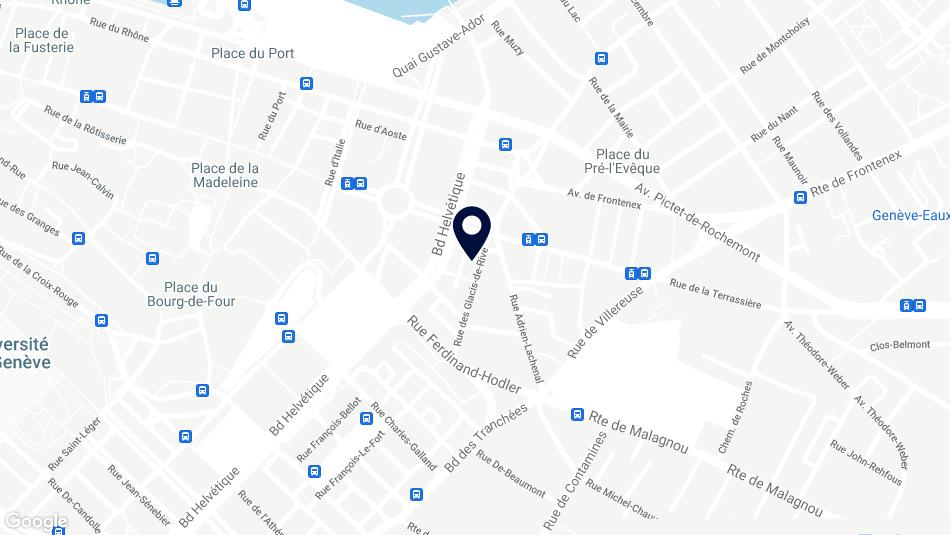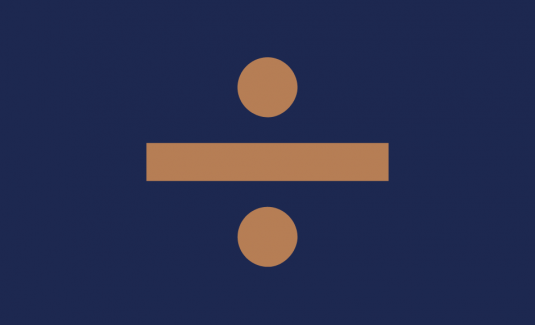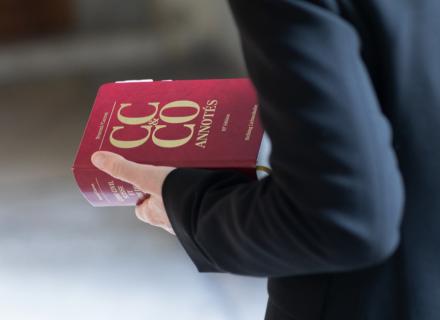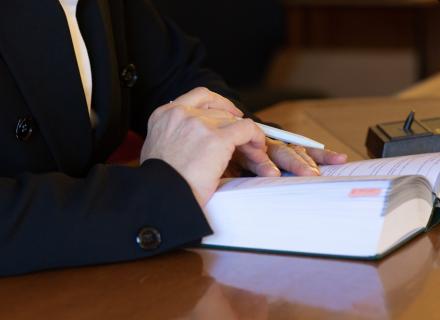Contacts
Address
Contact details
Desk-telephone
Opening hours
10h-13h
Tribunal de protection de l'adulte et de l'enfant
Probate Registry (Justice of the peace)
Deposit of items upon death
Deposits of objects (e.g., apartment keys of the deceased) are allowed only during the opening hours of the adult and child protection Court. It is not possible to deposit them at the general enquiry Office.
Presidency and directorate
-

Mr. Pierre-Alain CHATELAN
President
-

Mrs. Florence DORSAZ
Director
Competences
The court has jurisdiction in matters of child protection, adult protection and estate management. It follows the evolution of the situation of the person(s) concerned, appoints a court agent if necessary and intervenes to adapt the judicial action to their needs. It is also competent in the delivery of certain administrative documents.
Child protection
The role of the court is to look after the interests, well-being, safety and proper development of children (0 to 18 years) by:
- Setting parental rights (parental responsibility, custody, visitation rights and alimony)
- Taking protective measures when necessary (instructions to parents, educational assistance, etc.)
- Supervising deputies and guardians
It is also competent to issue certificates of parental responsibility.
Adult protection
The role of the court is to ensure the interests, well-being, safety and proper management of the administrative and financial affairs of vulnerable adults by:
- Validating a person's own arrangements for care (advance care directive, patient decree)
- Ruling on the statutory right to act as a representative entrusted by law to a close relative (spouse, registered partner, person living in the same household, descendants, father and mother, brothers and sisters)
- Issuing protective measures when necessary (deputyships, care-related hospitalisation)
- Supervising deputies
It is also competent to deliver the capacity to act certificates.
Succession management
The role of the court is to ensure that the distribution of the estate is carried out according to the wishes of the deceased in his/her will or according to the law, by:
- Registering declarations of acceptance or renunciation of inheritance
- Drawing up inventories that assess the value of the estate
- Supervising the executor and other estate administrators
It is also competent to issue information regarding the identity of the heirs of a given succession.
Administrative documents
The court is competent to issue the following administrative documents:
- Certificates of civil capacity
- Attestations of parental responsibility
- Information regarding the identity of heirs
- A certificate attesting the statutory right to act of the adult’s legal representative
- Deliveries of documents, such as certified copies, certificates of entry into force or certificates of enforceability
- Requests for access to an archived file
The Tribunal de protection de l'adulte et de l'enfant does not provide legal advice.
Organization
A collegial and multidisciplinary jurisdiction
The court is composed of 9 tenured judges and an equal number of deputy judges.
In matters of adult and child protection, the judges are assisted by assessors who are psychiatrists, psychologist, and social and health specialists providing technical insight to the tenured or deputy judges. In principle, three judges sit on the panel: the judge and two assessors from different professional groups.
In matters of succession, the tenured judge sits as a single judge.
The court is composed of collaborators (clerks, jurists, supervisors, auditors, and support staff) who ensure the administrative and legal follow-up of the applications. They work in close collaboration with the judges.
The activity of the court is described each year in the activity report of the Judiciary Power.
Thematic guides
Application forms
Below you can find the forms and information you need to proceed with the court.
Child protection
Adult protection
Agreement models
Consult beforehand the table to choose the agreement model.
Gestion des successions
Useful links
- Code civil suisse (CC – RS 210)
- Loi d'application du code civil suisse et d'autres lois fédérales en matière civile (LaCC - E 1 05)
- Loi sur l’organisation judiciaire (LOJ - E 2 05)
- Commission de surveillance des professions de la santé et du droit des patients
- Confédération: la révision du droit de la tutelle sur le site de l'Office fédéral de la justice
- COPMA: Révision du droit de la tutelle sur le site de la Conférence des cantons en matière de protection des mineurs et des adultes
- HUG - directives anticipées
- Office de protection de l'adulte (OPAd)
- Service de protection des mineurs
- Service des prestations complémentaires (SPC)










